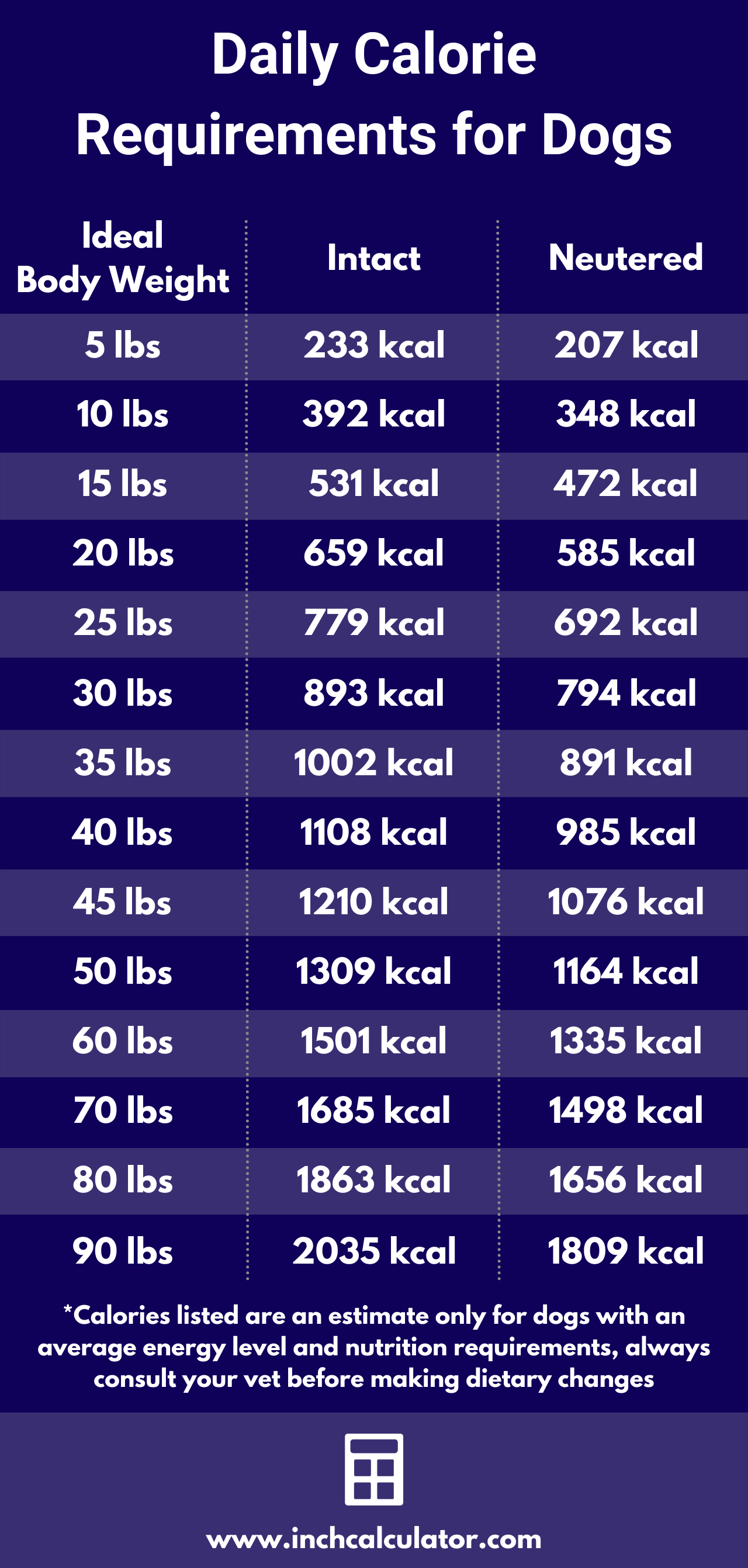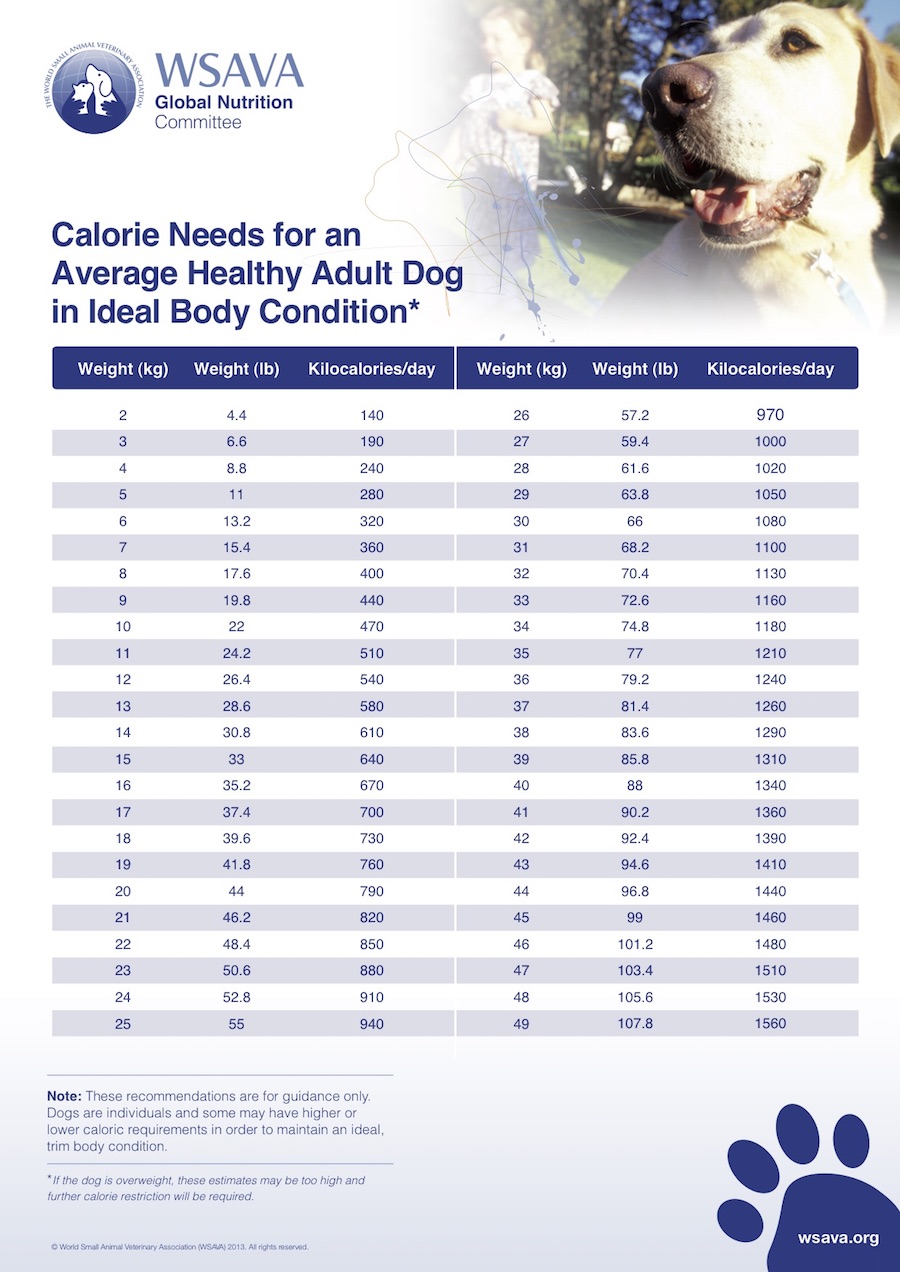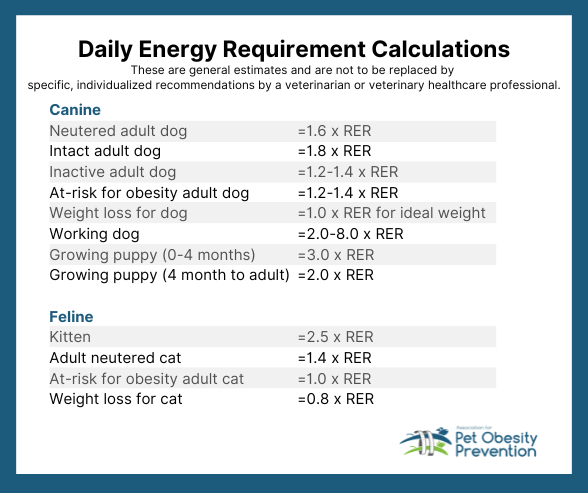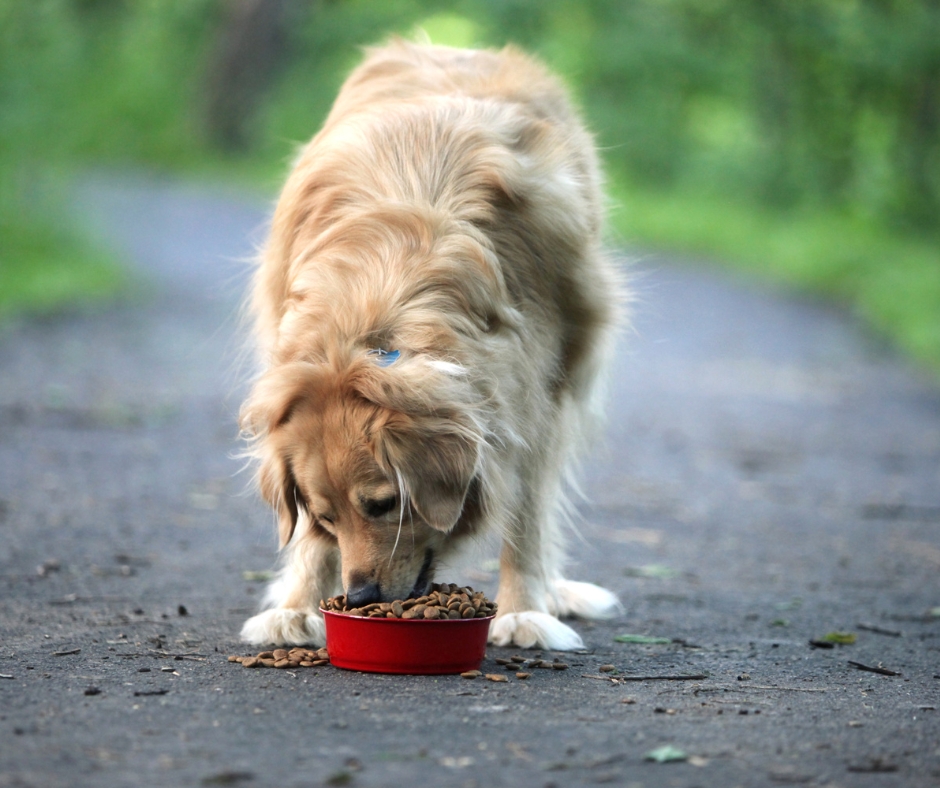Dog Nutrition Calculator Analyzing a dog’s age, weight, and level of exercise helps you choose the right food for them. For a dog to be healthy and live a long life, proper nourishment is crucial.
Dogs’ dietary needs vary according to their age, weight, and level of activity. A dog nutrition calculator might help make this process easier by offering tailored recommendations. This application makes recommendations for your dog’s daily intake of protein, fat, and carbohydrates depending on a variety of characteristics.
Knowing what your dog needs to eat will help you provide them with a balanced diet and prevent health issues. Several calculators also take into account breed-specific needs. By using this tool, you may improve your dog’s energy levels and general well-being, leading to a happier and healthier life.

Overview of Dog Nutrition
Knowing what your dog is eating is an important dog nutrition calculator. It supports a long and healthy lifespan. A nutritious diet promotes growth, vigor, and overall health.
The Importance of a Balanced Diet
Dogs need a diet that is well-balanced. It provides all the necessary nutrients. For dogs, they need proteins, fats, vitamins and minerals. An unbalanced diet may lead to health issues.
- Proteins aid in the growth and repair of tissues.
- Fats: Provide energy and support cellular function.
- Vitamins are essential for overall health and the immune system.
- Minerals: Support healthy bones and fluid balance.
Normal Needs for Nutrition
Dogs have likely food needs. Size, running level, and age all affect these needs. These are common diet requirements:
- Puppies: This recipe is high in protein and fat for growth
- Adult Dogs: A balanced diet with moderate protein and fat is recommended
- Senior Dogs: A low-fat, high-fiber diet is recommended for easy digestion
Verify that fresh water is constantly accessible. Water improves digestion.

Calculators for Dog Nutrition
You can ensure your dog’s well-being by feeding them a balanced and healthy diet. A dog nutritional calculation might be helpful in this regard. It eliminates any doubt about what to feed your dog. Let’s examine these calculators’ features and benefits.
What Is a Calculator for Nutrition?
A nutrition calculator is one tool that might help you figure out what your dog needs to eat. It also considers things like age, weight, exercise level, and overall health. By giving the following details, you may get precise feeding recommendations. This guarantees your dog gets enough nutrients daily.
The Benefits of Calculators
- Accuracy: Provides precise dietary data for your dog
- Health: Promotes and monitors a healthy diet to prevent weight gain and malnutrition
- Convenience: Saves time by providing prompt dietary advice
- Customization: Adjusts meal plans based on your dog’s unique preferences
A dog nutrition calculator may help you ensure your pet is getting the proper foods. It encourages longer lifespans and improved health.
An Overview for Applying a Dog Nutrition Calculator
Applying a dog nutrition calculator can ensure that your dog is receiving the right nutrients. It’s a simple technique that may assist in comprehending their dietary needs. The instructions provided below will help you utilize the calculator effectively.
Entering Dog Information
First, enter your dog’s information. In general, they are as follows:
- Breed
- Age
- Weight
- Activity level
- Health conditions
These specifics help the calculator provide accurate results. Check that all of the information is accurate.
Interpreting the Results
You will get the results after adding the details. The calculator might show:
- Calories: Daily intake in kcal
- Protein: Grams per day
- Fats: Grams per day
- Carbs: Grams per day
These findings help you plan your meals. Be careful to follow the recommendations for a healthy dog.

Important Dog Nutrients
Making sure the dog receives the right nutrients is crucial for their wellbeing. A balanced diet supports energy, growth, and overall health. Let’s look at the essential nutrients your dog needs.
Fats and Proteins
Proteins are the building blocks of your dog’s body. They help in tissue regeneration and encourage the growth of muscles. Meat, poultry, and fish are all excellent sources of protein.
Fats provide you energy and help your body absorb vitamins. They also maintain the health of your dog’s coat and skin. Chicken fat and salmon oil are good sources of fat.
- Chicken: High in protein, easy to digest
- Beef: Rich in essential amino acids
- Fish: Contains Omega-3 fatty acids
Vitamins And Minerals
Vitamins are necessary for metabolism. They improve eyes, bone health, and immune responses. The essential vitamins include A, B, D, E, and K.
- Vitamin A: Boosts the immune system and eyesight
- Vitamin B: Contributes to the generation of energy
- Vitamin D: encourage healthy bones
- Vitamin E: Prevents damage to cells
- Vitamin K: Helps in blood coagulation
Minerals are necessary for strong teeth and bones. They also support the function of neurons and muscles. Three essential metals are calcium, phosphorus, and potassium.
- Calcium: Makes teeth and bones stronger
- Phosphorus: Promotes bone health in conjunction with calcium
- Potassium controls muscular contraction and fluid equilibrium.
Customizing Diets to Different Life Stages
The nutritional needs of each dog are unique. As kids develop, these demands shift. To be sure your pet is getting the proper nutrients, use a dog nutrition calculator. Let’s look at how to modify diets for various phases of life.
Puppies
Puppies develop quickly. For development and energy, they need more fat and protein. A nutritious diet encourages the development of their bones and muscles. Puppies should eat small, frequent meals. Use the dog nutrition calculator to figure out the right amounts.
- Protein: 22-32%
- Fat: 8-20%%
Adult Dogs
For optimal health, adult dogs need a well-balanced diet. They don’t need as much fat and protein as pups do. To determine the proper balance, use the calculator. Make sure kids get enough minerals and vitamins.
- Protein: 18-25%
- Fat: 5-15%
We recommend two meals a day for adult dogs. Steer clear of overfeeding to avoid obesity.
Senior Dogs
Senior dogs have different needs. They need fewer calories but more fiber. This helps their digestion. Use the calculator to adjust their diet as they age.
- Protein: 18-23%
- Fat: 5-10%
Senior dogs may be required by chondroitin and glucosamine to support healthy joints. Make sure they also receive enough water.
Special dietary preferences
special healthy For your dog’s health, considerations are essential. You can create a healthy diet using a dog nutrition calculator. It adapts to particular requirements, guaranteeing your pet’s success.
Allergies And Intolerances
Food intolerances and allergies affect certain dogs. These may result in pain and health problems. Recognizing and controlling these is crucial.
Common allergens include:
- Chicken
- Beef
- Dairy
- Wheat
Symptoms of allergies may be:
- Itchy skin
- Digestive issues
- Ear infections
To stay away from allergies, use the dog nutrition calculator. For dogs who are sensitive, use hypoallergenic meals.
Weight Management
A healthy dog Maintaining for weight is crucial. Numerous health issues may result from obesity.
Important elements for controlling weight include:
- Calorie intake
- Exercise levels
- Age and breed
To keep track of calories, use the dog nutrition calculator. Adapt serving sizes to levels of exercise. This maintains your dog’s health and fitness.
The following table lists calorie needs in relation to weight:
- Weight 5 kg: Calories per day, 200 g
- Weight 10 kg: Calories per day, 400 g
- Weight 20 kg: Calories per day, 800 g
Visit the doctor for specific advice. If your dog eats a balanced diet, they will live a long, healthy life.
Homemade Vs. Commercial Dog Food
Choosing between homemade and commercial dog food is a crucial decision. There are benefits and drawbacks to every decision. You can choose the best option for your pet if you know.
Pros And Cons Of Homemade
Preparing homemade dog food gives you complete control over each component. Dogs with dietary restrictions or allergies may benefit from this.
Pros
- Complete control over ingredients
- Can cater to specific dietary needs
- Potentially fresher and more nutritious
Cons
- Time-consuming to prepare
- Can be more expensive
- Risk of unbalanced nutrition
Choosing The Right Commercial Food
Commercial dog food provides balanced nutrition and convenience. But it’s important to choose the right type and brand.
- Examine the ingredients: Make sure a premium protein is the first element.
- Seek AAFCO’s approval: This guarantees that the product satisfies the necessary nutritional standards.
- Think About the Size and Age of Your Dog: Select food based on the breed size and life stage of your dog.
Consultation with your veterinarian may help you make the best choice. They could provide customized guidance based on your dog’s medical needs.
Keeping a Check on Your Dog’s Health
You must monitor your dog’s health closely. Use a dog nutrition calculator to ensure your dog is receiving the right nutrients. Regularly assessing your dog’s health can help you spot any issues early. The following discusses key signs of healthy eating and when to see a veterinarian.
Signals of Healthy Diet
- Shiny Coat: A dog with a healthy diet has a glossy coat.
- Healthy Weight: Your dog keeps his weight in check.
- Bright Eyes: Clear, bright eyes indicate excellent health.
- Regular Bowel Movements: Consistent and normal stools are a sign of excellent nutrition.
- High Energy Levels: Your dog should be active and playful.
When To Consult A Vet
There are multiple instances in which seeking advice from a veterinarian is required:
- Sudden Weight Loss: Rapid weight loss needs immediate attention
- Changes in appetite: See a veterinarian if your dog is refusing to eat
- Diarrhea or Vomiting: Having diarrhea or vomiting often is a red flag
- Skin Problems: A veterinarian visit is necessary for persistent itching or lesions
- Behavioral Changes: Aggression or lethargy may be signs of a medical condition
Multiple trips to the vet guarantee that your dog’s dietary requirements are satisfied. Expert counsel cannot replace the usefulness of a dog nutrition calculator.
Suggestions for Improving the Nutrition of Your Dog
It’s crucial to make sure your dog is getting the proper nutrition. You can create a healthy diet by using a dog nutrition calculator. These pointers can help you maximize your dog’s diet.
Regular Feeding Schedule
The health of your dog depends on a regular feeding routine. Give your dog its meals at the same times every day. This helps to maintain their metabolism and digestion.
Divide your dog’s daily food intake into two or three meals. This reduces the chance of overeating and obesity. Additionally, it keeps their energy levels constant all day long.
- Feed puppies three times a day
- Feed adult dogs twice a day
- Consult your vet for specific needs
To figure out how much food is appropriate for each meal, use the Dog Nutrition Calculator.
Using Treats Carefully
A wonderful method to thank your dog is with treats. Make sure that no more than 10% of their daily calories come from sweets.
Select nutritious treats like:
- Carrots
- Apple slices
- Lean meat
Avoid sweets with artificial additives or high sugar content. Your dog’s main meals should always include treat calories.
Here’s a simple table to help you track your treat usage:
- Carrot sticks: Calories per Treat 4 and Allowed Treats per Day 5
- Apple slices: Calories per Treat 10 and Allowed Treats per Day 2
- Lean meat: Calories per Treat 20 and Allowed Treats per Day 1
To make dietary adjustments for your dog, use the Dog Nutrition Calculator. This ensures that they get the right proportion of nutrients. Always remember to provide them meals and snacks along with fresh water.
FAQ
What Is a Nutrition Calculator for Dogs?
A dog nutrition calculator may help you determine how many nutrients your dog’s diet should have. It guarantees a balanced diet for your dog.
How Useful Are Dog Nutrition Calculators?
Dog nutrition calculators are often accurate. They provide personalized recommendations according to variables including age, weight, and level of activity.
Why Would You Use a Dog Nutrition Calculator?
Using a dog nutrition calculator can ensure that your dog receives a balanced diet. It helps you stay healthy and at your optimal weight.
Can Obesity Be Avoided With A Dog Nutrition Calculator?
Yes, by offering exact feeding recommendations, a dog nutrition calculator aids in the prevention of obesity. It guarantees appropriate portion control.
In conclusion
We will use a dog nutrition calculator to ensure that your dog receives a balanced diet. It keeps them energized and healthy. A dog that eats a nutritious diet will be content and healthy. Use the calculator often for optimal feeding. Adapt the diet to your dog’s requirements for long-term health.










